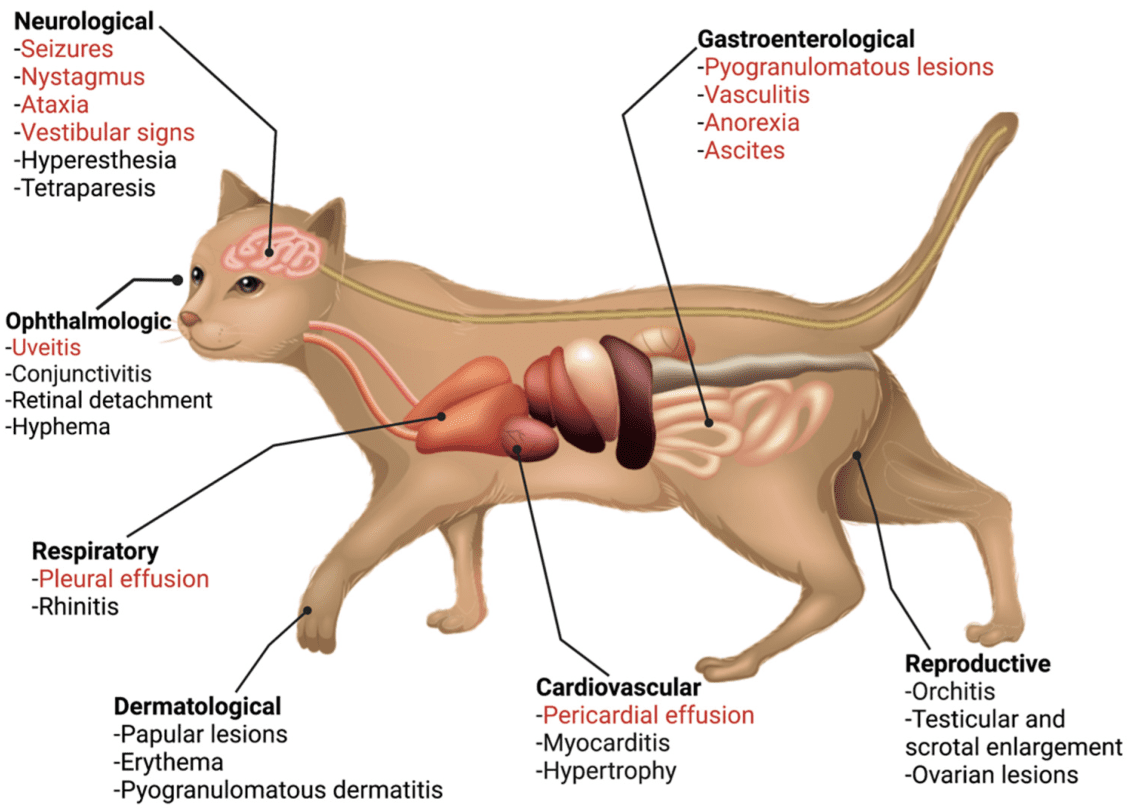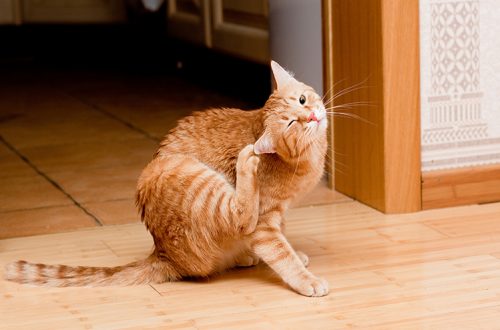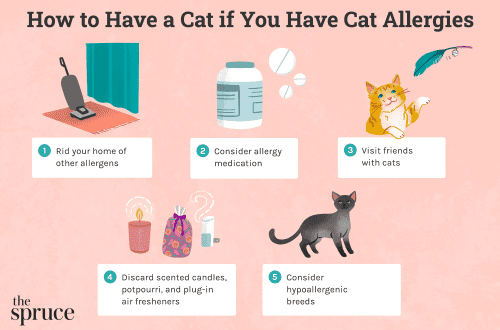
Feline coronavirus: signs and treatment
The causes, symptoms, and treatment of the disease in cats are slightly different from those experienced by humans. Hill’s experts tell more about the virus.
Cats, like people, get sick sometimes. There are exclusively feline diseases, but there are also those that a person and a cat can get sick at the same time. One such disease is the coronavirus.
Coronavirus in cats is divided into two separate diseases: enteric coronavirus and infectious peritonitis. Infection occurs through contact with the faeces of an infected animal, that is, by the fecal-oral route, sometimes through saliva. If a cat is the only pet in the house, then it can only become infected if a person brings fecal particles on shoes. The virus is not dangerous to humans, but in advanced cases it can be fatal for a cat.
Most cats that become infected with the coronavirus do not show any symptoms. It is believed that up to 90% of domestic cats at least once in their lives fell ill with coronavirus, but the owners did not even notice. In some pets, the symptoms are standard for most intestinal diseases:
● vomiting; ● diarrhea; ● weakness; ● lack of appetite and reduced activity.
Vomiting and diarrhea can be single, so often the owner concludes that the cat ate something wrong or ate too much, and does not pay attention to it. In most cats, the virus clears up on its own within a few months. But in some cases, the coronavirus mutates and causes infectious peritonitis.
In no case should you engage in self-diagnosis and treatment. If there is a suspicion that the pet could get sick with the coronavirus, you should immediately take it to the nearest veterinary clinic for examination. The specialist will make the necessary examinations, take tests and, based on their results, prescribe the necessary treatment. Diagnosis of coronavirus in cats includes a PCR test for the presence of the virus, general and biochemical blood tests, and a rectal swab.
With intestinal coronavirus, the doctor can prescribe a special diet, medicines and drops, and the cat will be healthy in a couple of weeks. Unfortunately, if the virus has mutated and developed into infectious peritonitis, the veterinarian will only be able to prescribe remedies to relieve the symptoms, but many animals with this disease do not survive. In the chronic and mild course of the disease, no drug treatment is prescribed.
At the moment, there are no high-quality vaccines with which a pet can be vaccinated, as well as specialized medicines for treatment. Only prevention can protect your pet from coronavirus and its complications.
Both types of the disease develop faster if several animals are kept in the apartment at once. If it is suspected that one of the cats has become infected, it is necessary to immediately isolate the rest and thoroughly disinfect the room. It will be necessary to examine all animals without exception.
If pets have the opportunity to walk outside, they must be vaccinated, treated for worms and other parasites. Better if they are sterilized.
It is advisable by all means to exclude the ingress of dirt and feces into the house if the animals do not visit the street. You can take off your shoes outside the apartment or limit the access of cats to the corridor where the shoes are located. It is necessary to ensure that the cat does not try to lick the floor or shoes in the corridor.
If your pet is feeling unwell, you should immediately consult a veterinarian. It is best to always have the phone number of the nearest clinic or veterinarian handy. Timely vaccination and consultations will save your furry pet from the severe course of any disease and help her live a long and happy life.
See also:
Choosing a Veterinarian How to Give Your Cat Stress-Free Medication: An Owner’s Guide





